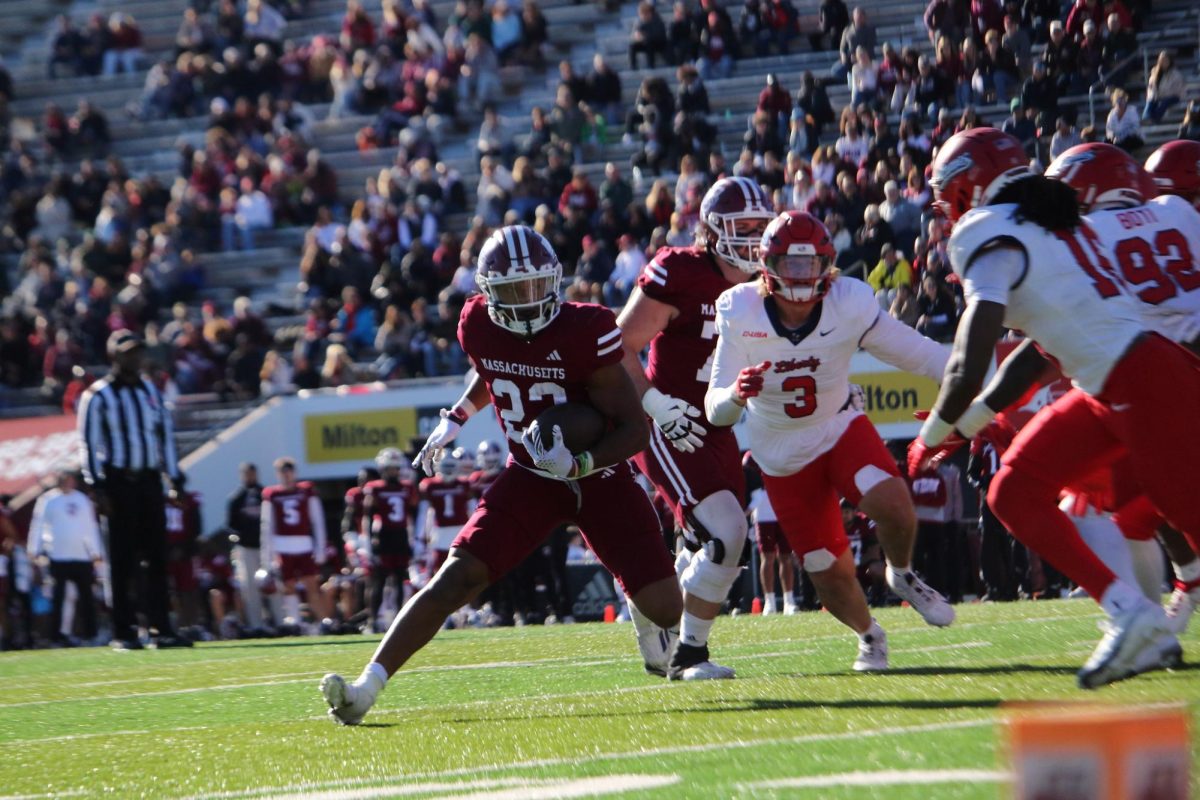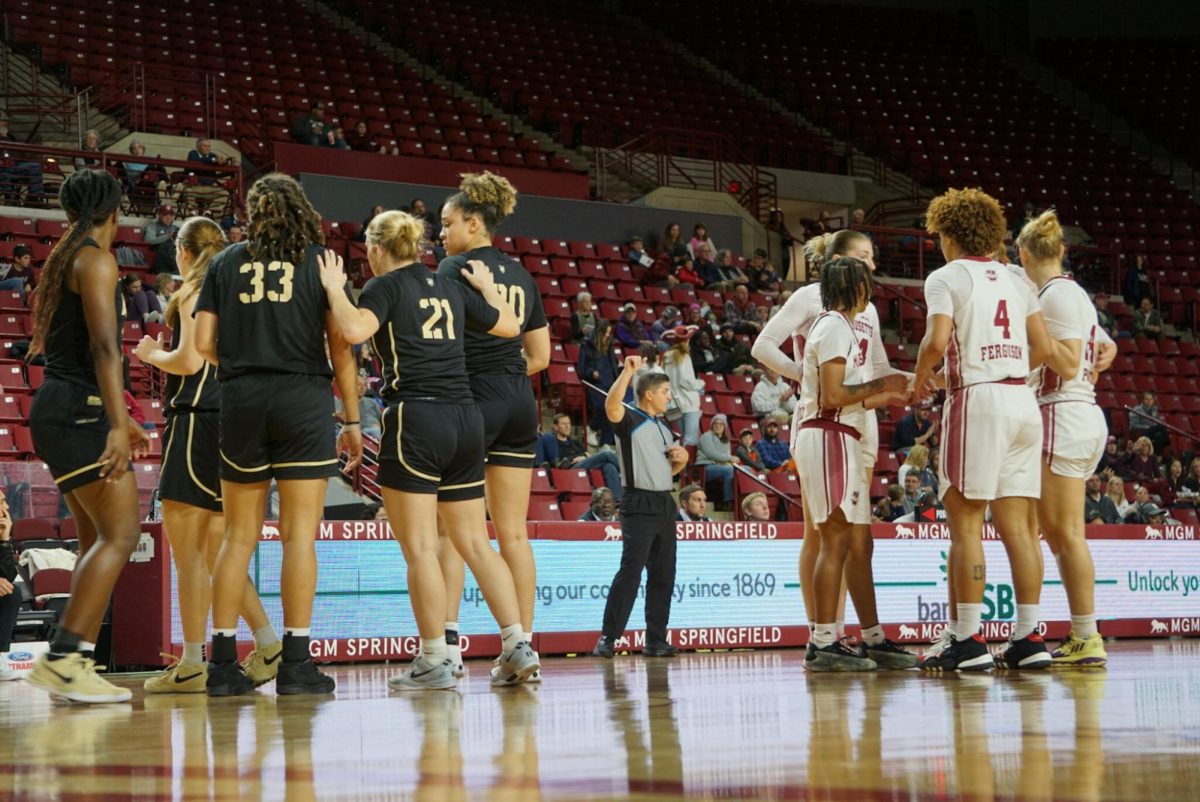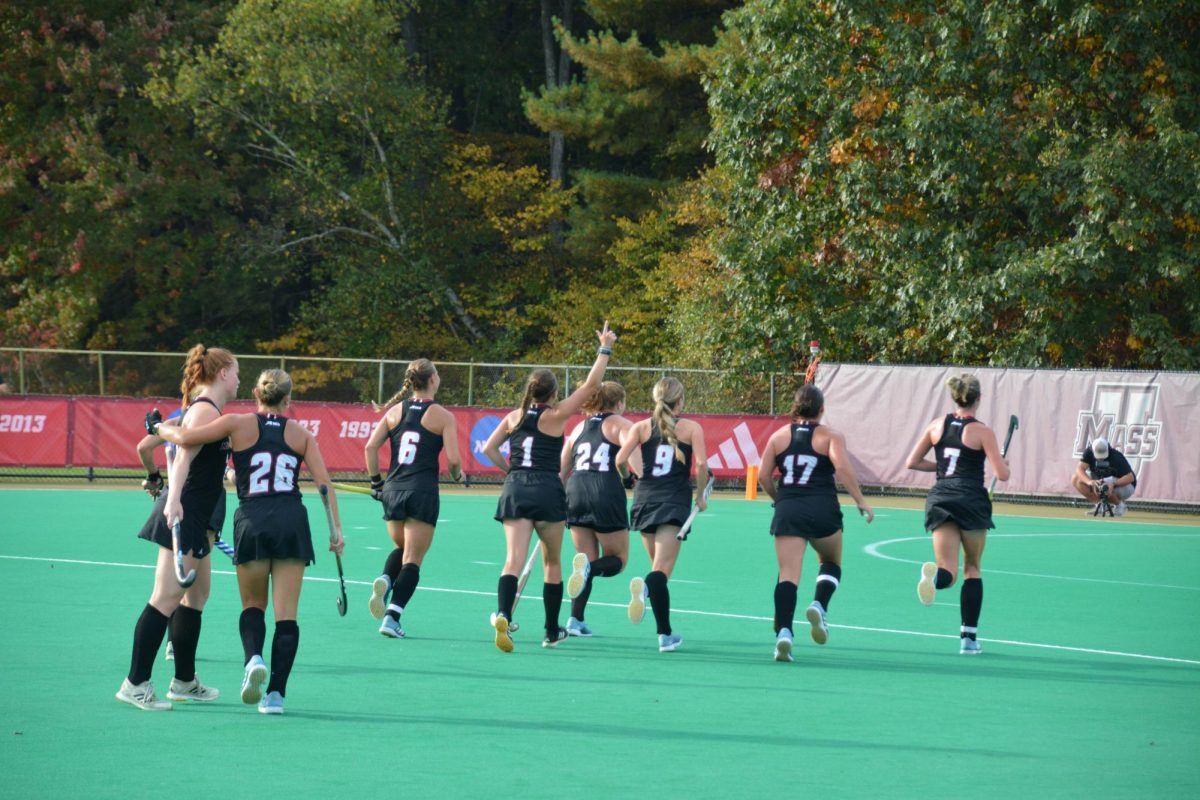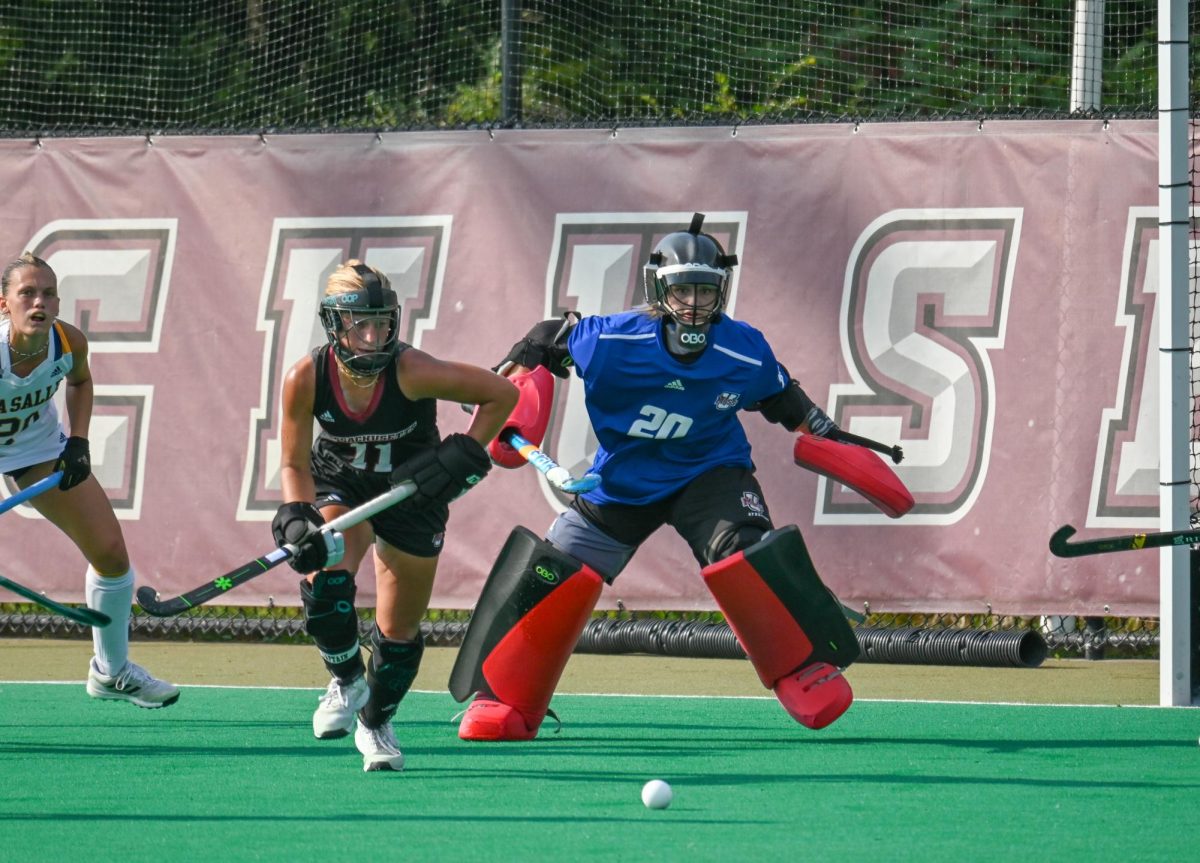
A new campaign has been launched to raise awareness about open-source textbooks by MASSPIRG.
Open source textbooks are textbooks licensed under an open copyright license, which allows faculty and students to download them for no cost or get affordable printed versions.
According to Matt Magalhaes, a University of Massachusetts student working on the campaign, the objective is to educate students and teachers about this new tool that could possibly reduce student spending on textbooks by 80 percent.
“Our goal is to teach professors about this relatively new tool and how it could possibly help students reach their full potential,” said Magalhaes.
The MASSPIRG Education Fund released a survey showing that about 65 percent of student consumers opted out of buying a college textbook in the past because of the cost.
The University has already signed an Open Education Initiative during fall 2014, which supports faculty interested in providing students a low-cost alternative to commercial textbooks.
However, the majority of the courses at UMass still require students to buy traditional school materials.
Zlata Myshchuk, a senior majoring in Microbiology at the University, mentioned that students could easily spend a few hundred dollars on textbooks.
“Especially in the sciences, some textbooks could cost over $300,” she said.
According to a study by the Government Accountability Office, the cost of textbooks grew 82 percent between 2002 and 2013. The College Board estimates the annual cost of textbooks and materials for the average college student to be approximately $1,168.
“I believe students have the potential and ability to make a change, but we don’t always have the tools,” Magalhaes said.
Open-source textbooks are not only licensed in a way that they can be freely downloaded, but it also allows students to meet course standards and keeping up with current research. This is of particular importance, because it is one of the reasons professors are inclined to require the newest edition of a textbook for a particular course.
MASSPIRG recently organized the first national social media campaign about the issue, creating the hashtag “#textbookbroke.” Students used the hashtag to share their experiences and opinions regarding the cost of textbooks.
The MASSPIRG chapter at UMass is interested in informing students around campus about this alternative, while also encouraging them to get involved in the campaign.
In addition, the staff hopes that they get an opportunity to organize educational events at the end of the year, such as open forums for students and informative workshops for professors.
“We hope to let students know that this option is out there, and hopefully have a chance to teach professors about these resources and how to use them,” Magalhaes said.
Cecilia Prado can be reached at [email protected] and followed on Twitter @thececiliaprado.


















